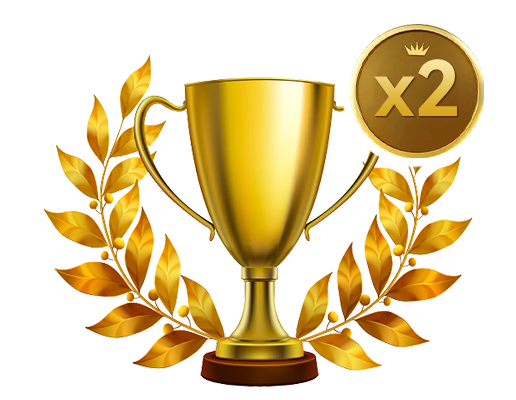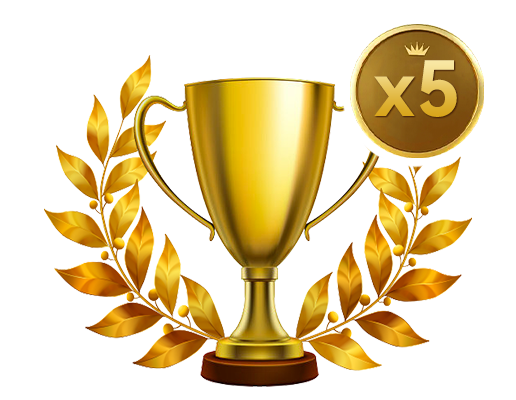このサイトはCookieを使用しています。 サイトを閲覧し続けることで、Cookieの使用に同意したものとみなされます。 プライバシーポリシーを読む>
![]()
このサイトはCookieを使用しています。 サイトを閲覧し続けることで、Cookieの使用に同意したものとみなされます。 プライバシーポリシーを読む>
![]()
企業ユーザー向け製品、ソリューション、サービス
The OlympusMons Awards, launched by Huawei in 2019, are designed to steer research in foundational data storage theories, overcome key technical challenges, accelerate the industrial application of scientific breakthroughs, and foster collaboration between industry, academia, and research institutions. Since their inception, the OlympusMons Awards have attracted over 320 scholars from 12 countries. To date, 6 OlympusMons Awards and 18 OlympusMons Pioneer Awards have been presented. Indeed, the awards have become a leading and highly regarded accolade in the data storage industry.
As AI technologies continue to advance, traditional applications are evolving into intelligent, agent-based systems. Data is not only expanding rapidly in scale. The ways it is stored, managed, and utilized are also undergoing fundamental change. The OlympusMons Awards 2025 focus on addressing challenges for data processing in the age of AI, including high computational costs, complex protocol stacks, difficulties in building knowledge bases, the tradeoff between inference efficiency and accuracy, and rising data storage costs. The event invites researchers around the world to propose innovative solutions to address these problems.
The development and widespread application of AI is driving data hotter, increasing processing overheads. Research focused on new paradigms that use storage to supplement computing and eliminate repeated computing, ultra-high-density information recording, and innovative technologies of hierarchical large-memory systems are essential to building high-performance, large-capacity, and cost-effective storage systems.
The development of agentic AI requires storage systems to evolve from simple data repositories into AI data platforms for data management and utilization. Research focused on technologies such as high-quality knowledge bases and semantic information condensation are essential to building an agentic AI-native data foundation.
The 2025 contest has two OlympusMons Awards and five OlympusMons Pioneer Awards.
Huawei will establish technical communication channels with winners and provide them with research assistance.
 OlympusMons Award
OlympusMons Award
CNY1,000,000 ≈ USD141,979 (before tax)
 OlympusMons Pioneer Award
OlympusMons Pioneer Award
CNY200,000 ≈ USD28,395 (before tax)
Entries will be scored on the technical and commercial value of their scientific research achievements and subsequent research plans proposed for one or more challenges.
Advisory Committee
December 26, 2025–April 30, 2026
May, 2026–June, 2026
August, 2026
Applicants/Teams need to fill in OlympusMons Awards application materials using this template
and send them to dataolympus@huawei.com before the filing deadline.